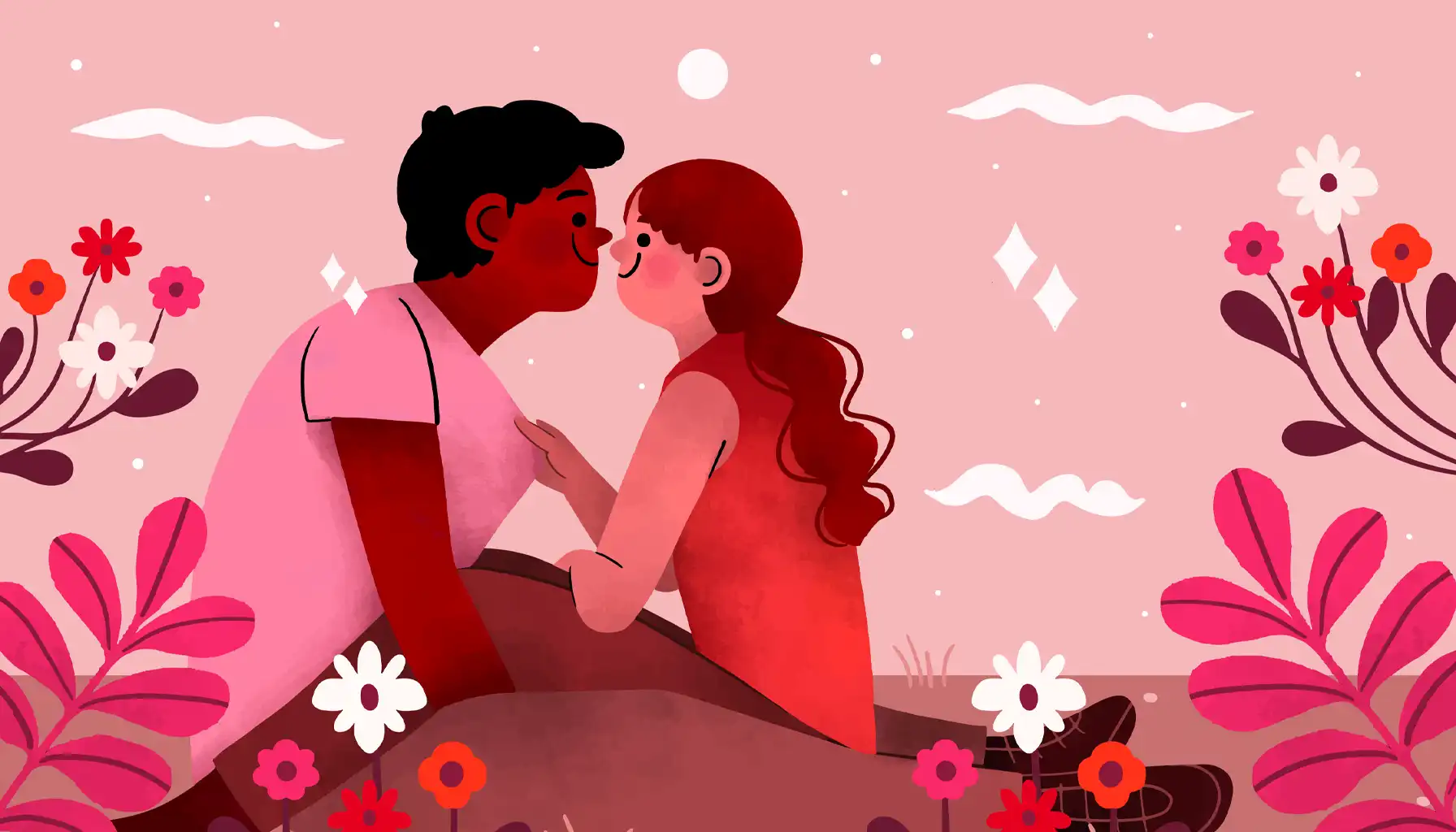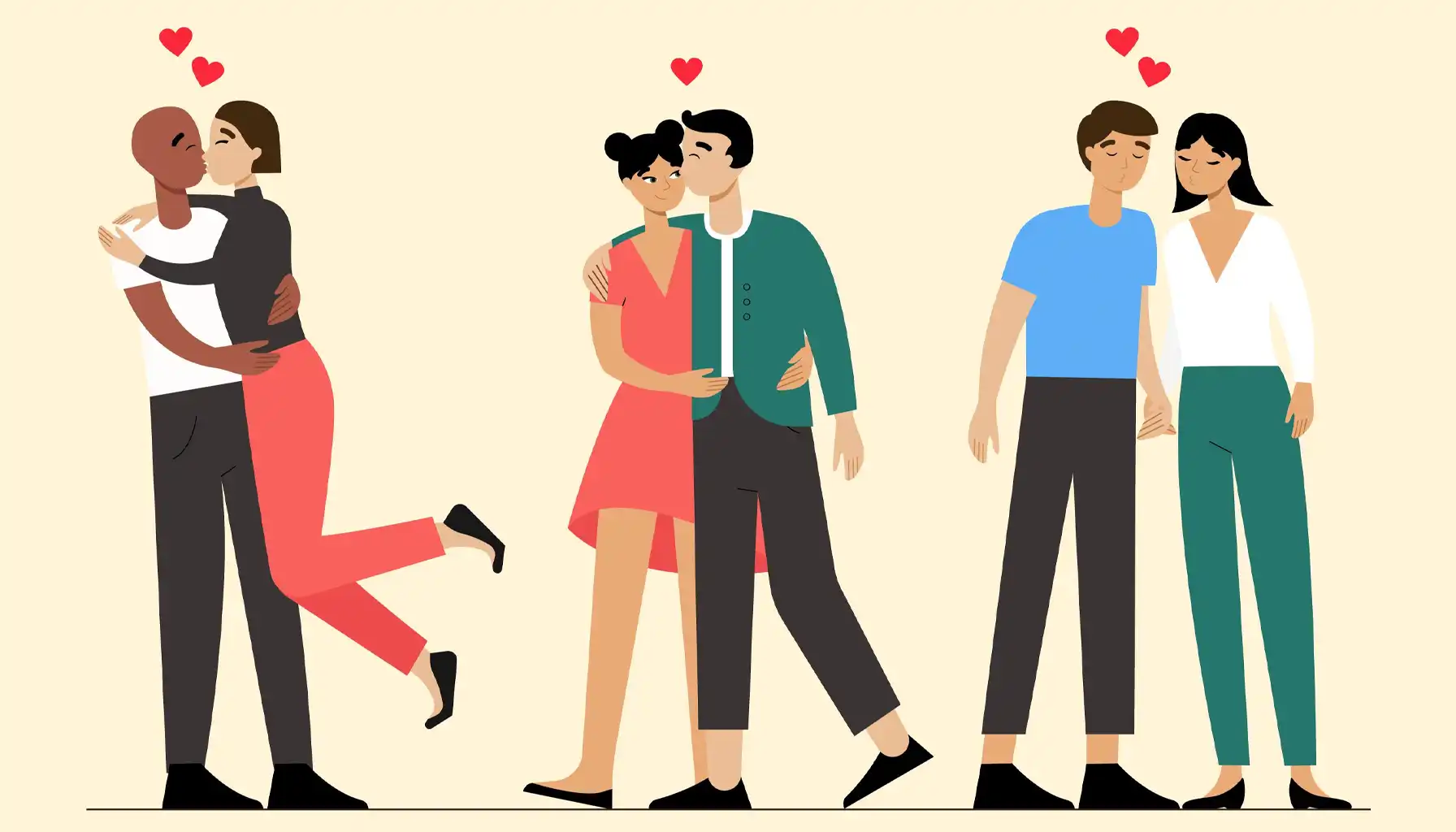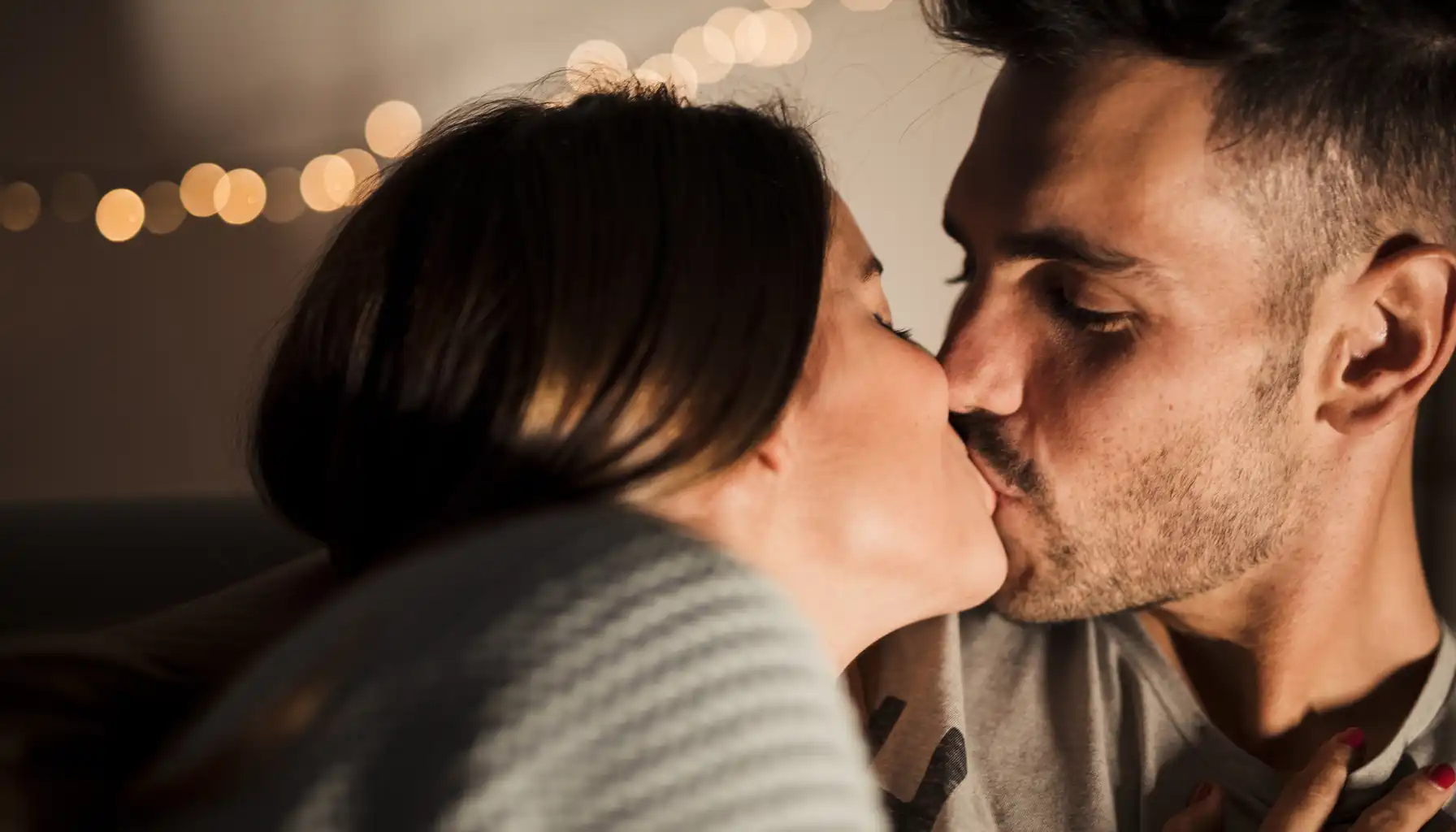Why Some People Fear Kissing: A Guide to Philematophobia

Contents:
“Kiss me again,” he says, drunk and foolish. “Kiss me until I am sick of it.”
Kissing is the most natural way to express affection: even animals, just like we, humans, engage in behaviors that show closeness, bonding, and care – this is what we have all been used to since the early days.
However, this way of connecting on a physical level does not come easily to everyone. In turn, some may experience intense fear, let alone the disgust or emotional discomfort that does not vanish on a whim. So, what is the fear of kissing called? Why is it essential to manage as soon as possible, and which cognitive training techniques are the most efficient?

A Clinical Definition of Philematophobia
The fear of kissing phobia name is known as philematophobia, i.e., a condition that can cause intense anxiety during intimate moments. Although it is quite casual for people to kiss so as to express their love toward each other, there exist people who experience severe anxiety, panic attacks, or avoidance behaviors at the very thought of kissing. Avoiding it means literal survival, for even a moment can become a source of uncontrollable nervousness and distress.
Clinicians insist that philematophobia should fall under the category of specific phobias, which means that these are anxiety disorders triggered by particular situations or objects. The main characteristic of the fear is its intensity: it is to be persistent, disproportionate to the actual threat, interfering, and, at times, devastating. In fact, one should understand that it is not about a lack of affection – it is about a mental health condition that destroys a person from deep down.
Related articles: Behind the SAD: Social Phobias and Their Types Revealed
What Causes the Fear of Kissing

In general, philematophobia comes from psychological, cultural, and personal traits that have been acquired during the formative stages of life. These usually refer to:
Past negative experiences, i.e., a traumatic first kiss, rejection, or ridicule.
Fear of intimacy, i.e., difficulty with closeness or vulnerability in relationships.
Social, as well as worsened genetic anxiety, i.e., fear of being judged, performing poorly, or making mistakes.
Germ-related fears, i.e., worries about hygiene, infections, or illness from kissing.
Cultural or religious taboos, i.e., or upbringing in environments where kissing is discouraged or considered inappropriate.
Low self-esteem, i.e., insecurities about appearance, kissing ability, or being accepted.
Association with trauma, i.e., kissing as a symbol of past abuse, neglect, or unwanted contact.
Symptoms and Signs to Be Aware Of
Sometimes, phobias may occur asymptomatically, but minute details may still manifest in both physical and emotional ways. Should you feel that something is wrong with you and kissing, take a look at the following symptoms to understand the condition and finally seek help.
Type of Symptom | Examples |
Physical | Sweating, trembling, rapid heartbeat, nausea, shortness of breath |
Emotional | Dread, anxiety, embarrassment, disgust, panic |
Behavioral | Avoiding situations where kissing might occur, reluctance to form romantic relationships |
Cognitive | Excessive worry about germs, hygiene, or being judged |
Intimacy-related | Difficulty expressing affection, discomfort with closeness, avoidance of physical contact |
A Heavy Burden of Those Who Fear: Impact on Daily Life
Unfortunately, the scope of philematophobia can be overly extensive: it may affect different spheres of life, including the most casual things (apart from romantic relationships). Some of the common ways this fear can affect life include:
Strained romantic relationships: When one avoids kissing or physical closeness, this may turn into a source of tension or misunderstandings with partners.
Social anxiety: The anticipation of possible kissing (not the actual one) may also lead to complete avoidance of social gatherings or dating opportunities (remember: kissing is not always about romance – it can be a gesture of etiquette).
Emotional distress: Persistent fear may contribute to feelings of isolation, low self-esteem, or depression.
Difficulty with intimacy: People may struggle to express affection, trust their partner, or fully engage in close relationships.
Interference with daily routines: Even simple situations, such as greeting friends or family with a peck, may trigger stress as well.

How to Overcome Philematophobia and Build Healthy Relationships
The most important thing to do is to find an appropriate way to get rid of the phobia or, at least, mitigate its impact on daily life and relationships. Do it step by step: try different methods, consult a healthcare specialist, and get on the path of healing.
Approaches to Reduce the Fear
Approach | How It Helps | A Few Tips |
Gradual Exposure | Reduces fear impact through controlled, step-by-step experiences that are to be completed conscientiously | Start with holding hands, progress to brief pecks, and slowly build comfort with intimacy |
Cognitive Behavioral Therapy (CBT) | Helps reframe negative thoughts and reduce anxiety | Work with a licensed therapist (!) to identify triggers and challenge irrational beliefs |
Relaxation Techniques | Lowers physical symptoms of anxiety | Practice deep breathing, mindfulness meditation, or progressive muscle relaxation before intimate moments |
Communication & Relationship Strategies | Improves understanding between partners | Discuss fears openly, set boundaries, and go at a comfortable pace |
Cognitive Training | Enhances mental flexibility, attention, and emotional sobriety (and regulation) | Use tools like Mind Elevate (35+ brain-training games). Regular practice may contribute to openness and adaptive thinking to support gradual recovery from phobias |
Kissing should not be forced. It is all about love and personal experiences that are to be shared naturally and at one’s own pace.





